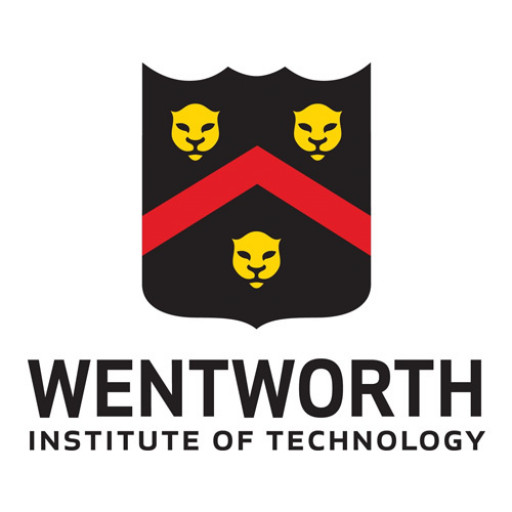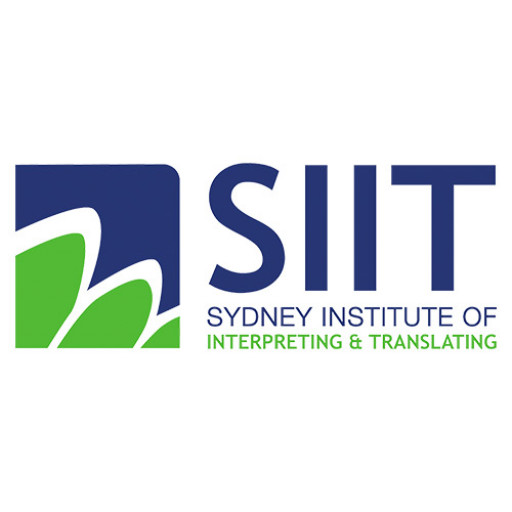Photos of university / #uniofadelaide
The Graduate Diploma in Translation and Transcultural Communication is an interdisciplinary program designed for students fluent in both English and Chinese seeking a career as a professional translator. The app is currently approved by the National Accreditation Authority for Translators and Interpreters (NAATI). Students who successfully complete the Graduate training program and reach the necessary degree of performance in the relevant examination will be advocated at the University of Adelaide to get NAATI Translator certification at the professional level. The application provides rigorous learning translation abilities, whilst boosting intercultural communication competenceand building strength in analytical and critical thinking, research capacity and problem solving strategies.
The App Is Currently approved by the National Accreditation Authority for Translators and Interpreters (NAATI). Students who successfully complete the Graduate training program and reach the required level of performance from the appropriate assessment is going to be advocated at the University of Adelaide for NAATI Translator accreditation at the professional level.
Program requirements for the Bachelor of Arts in Translation and Transcultural Communication at The University of Adelaide include completing a total of 24 units over the duration of the degree. Students must choose and complete core courses that provide foundational knowledge in translation theory, intercultural communication, and language studies. Proficiency in at least two languages is mandatory; typically, students select their secondary language from a range of available options, including but not limited to French, Spanish, Chinese, or Arabic, depending on their prior experience and interests.
Throughout the program, students are encouraged to undertake practical translation exercises, participate in internships, and engage with real-world projects to develop their practical skills. Elective courses allow students to explore specialized fields such as multimedia translation, audiovisual translation, or business intercultural communication, enabling them to tailor their degree to their career aspirations. The program emphasizes both theoretical understanding and practical application, requiring students to attend lectures, seminars, and workshops, and to complete assessments such as essays, translations, presentations, and examinations.
In addition to coursework, students are expected to demonstrate a high level of intercultural competence, including an understanding of cultural nuances and contextual language use, which are assessed through coursework and project work. To graduate, students must maintain satisfactory academic progress and meet the specific attendance requirements for each course. Some courses may also have prerequisites or require a certain level of proficiency in the languages studied before enrollment. Overall, the program prepares graduates for careers in translation agencies, international organizations, media, diplomacy, and other fields that require superior language skills and cultural understanding.
The University of Adelaide offers various financial assistance options for students enrolled in the Translation and Transcultural Communication program. Domestic students may be eligible for government-supported loans and grants, such as the Australia's Commonwealth supported places (CSP), which significantly reduce tuition fees. Additionally, students can apply for university scholarships specifically designated for students pursuing language and communication studies; these scholarships often aim to support academic excellence and financial need. International students enrolling in this program should carefully consider tuition fees, which are generally higher than those for domestic students, and explore scholarships or financial aid available through the university or external sources. The University of Adelaide also provides various payment plans that allow students to spread their fees over manageable installments, easing the financial burden. Work opportunities on and off campus may help students fund their studies, including part-time employment positions suitable for international students. Furthermore, students pursuing postgraduate studies in Translation and Transcultural Communication can access research grants and assistantships, which often come with funding or tuition fee waivers in exchange for research assistance. For those requiring financial planning assistance, the university offers financial counseling services that help students understand their funding options and manage their educational expenses. Overall, the university aims to make higher education accessible by providing diverse financial support mechanisms, tailored advice, and flexible payment options for both domestic and international students enrolled in the Translation and Transcultural Communication program.
The Bachelor of Arts in Translation and Transcultural Communication at the University of Adelaide is designed to equip students with the essential skills needed to excel in the fields of translation, intercultural communication, and global engagement. This program focuses on developing proficiency in at least two languages, including English and another language from the university’s diverse language offerings, which often include Asian, European, and Middle Eastern languages. Students gain a comprehensive understanding of the linguistic, cultural, and practical aspects of translation, including the nuances of meaning, context, and cultural sensitivity, which are crucial for effective communication across different cultures.
Throughout the course, students engage with a variety of theoretical frameworks and practical applications that prepare them for careers in translation, interpreting, international relations, intercultural consultancy, and media. The curriculum emphasizes both language skills and cultural awareness, ensuring graduates are adept at navigating cultural differences and translating complex concepts accurately across languages. The program may include coursework in interpreting techniques, translation technologies, intercultural communication theories, and research methods. Additionally, students have opportunities for practical placement, internships, or exchanges with partner institutions, helping to develop real-world experience.
The university’s facilities support this learning with access to translation labs and language resources, allowing students to practice their skills in simulated professional environments. The teaching staff comprises experienced academics and professional translators, providing mentorship and industry insights. Graduates of this program are well-positioned for careers both domestically and internationally, including roles as professional translators, interpreters, cultural advisors, and communication specialists in government, business, and non-profit sectors.
The program is structured to promote a deep understanding of the transdisciplinary nature of communication across cultures, fostering skills such as intercultural competency, critical thinking, and adaptability. It also encourages students to explore issues related to globalization, multiculturalism, and linguistic diversity, preparing them to operate effectively in a multilingual and multicultural world. With a flexible curriculum and elective options, students can tailor their studies to match their career interests, whether in specialized translation fields, cultural studies, or international diplomacy. The combination of academic rigor and practical experience ensures graduates are equipped with the necessary tools to become effective intercultural communicators and translators in today’s interconnected global society.




